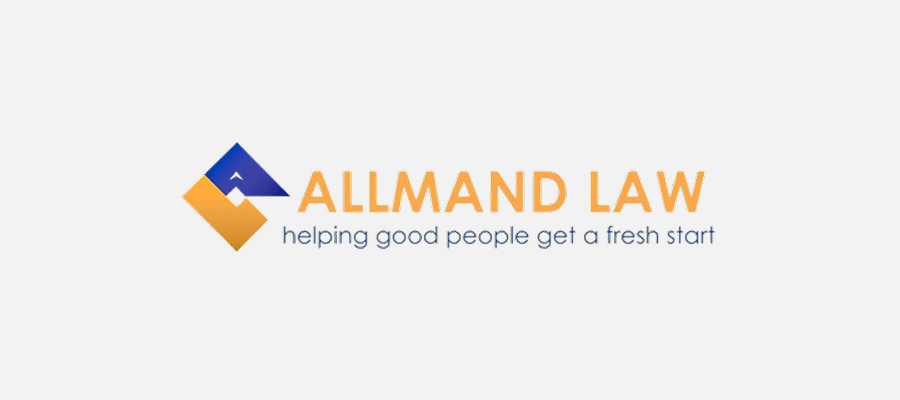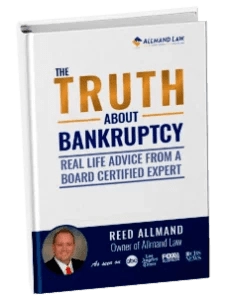
What Happens When Creditors Try to Collect after My Bankruptcy is Discharged?

Collection After Bankruptcy
When you receive a discharge at the end of your bankruptcy case you are not responsible for paying the debt. A discharge basically extends the protection of the automatic stay that went into effect when you filed your petition. Debts not eligible for discharge may continue to be the responsibility of the debtor. On the other hand, creditors who try to collect on a discharged debt could face penalties.
Certain types of debt such as back child support, spousal support or recent taxes may not be eligible for discharge. But, debts that receive discharge by a federal court injunction are no longer the financial responsibility of the debtor. Creditors who ignore the discharge and try to pursue with collection efforts could face penalties. Your bankruptcy attorney may even help you get creditors off your back by making them pay damages in relation to the violation.
Creditors often write off the debt when it gets discharged, but in this day and age it may get bundled with other uncollectable debt, then get sold to debt collectors who try and restart the collection process all over again. It’s often a few years after the debt has been discharged this scenario occurs.
When your bankruptcy case is closed make sure you keep good records of all documents related to the filing. This includes maintaining copies of schedules, debts included in the filing and discharge documents obtained that show the debt was eliminated by the court. If a creditor or debt collector gets persistent with their collection efforts, contact your Dallas bankruptcy attorney .
Reference: http://www.bankruptcylawnetwork.com/can-creditors-collect-after-the-discharge/






